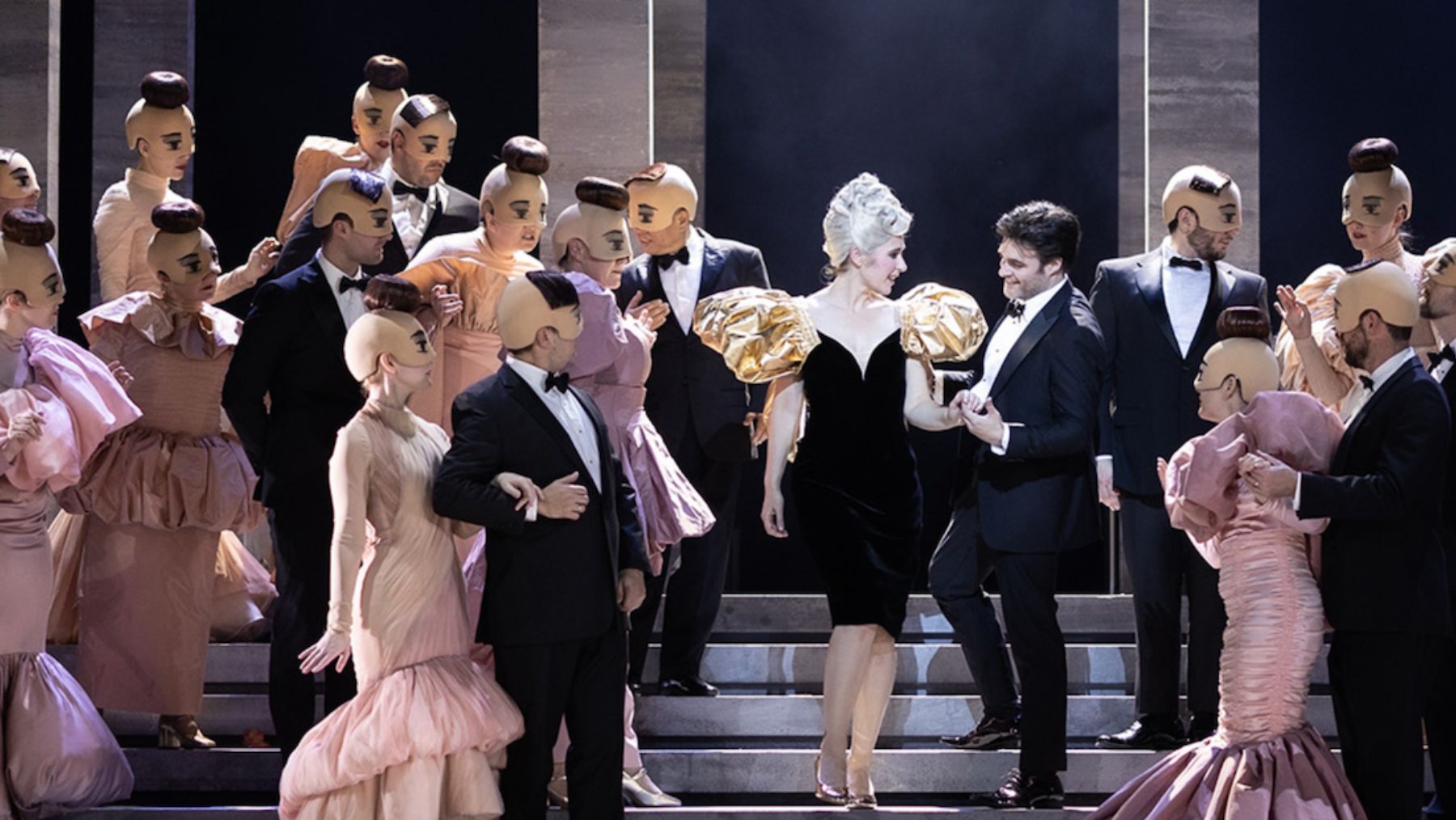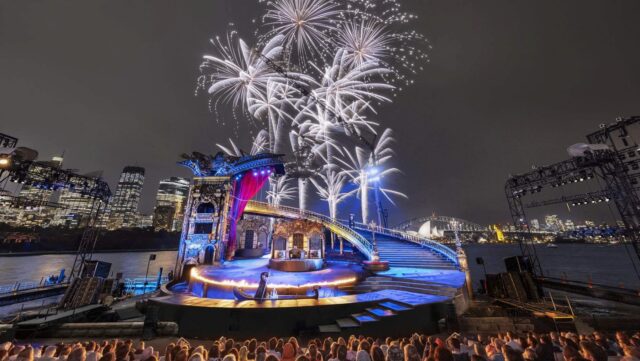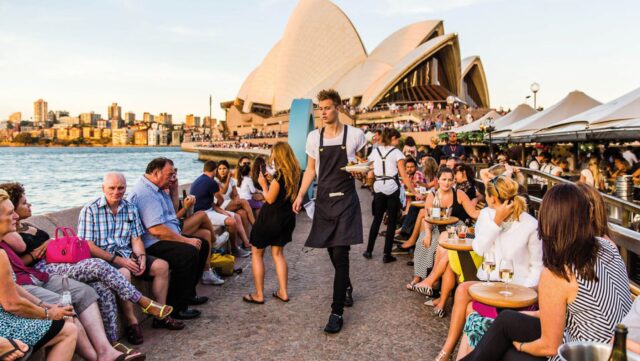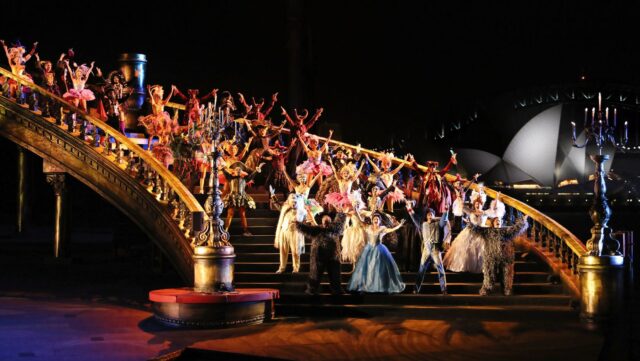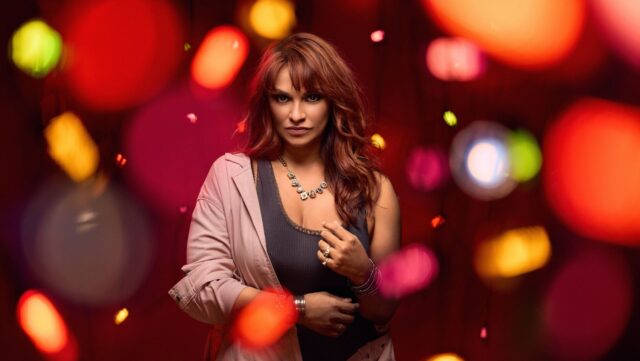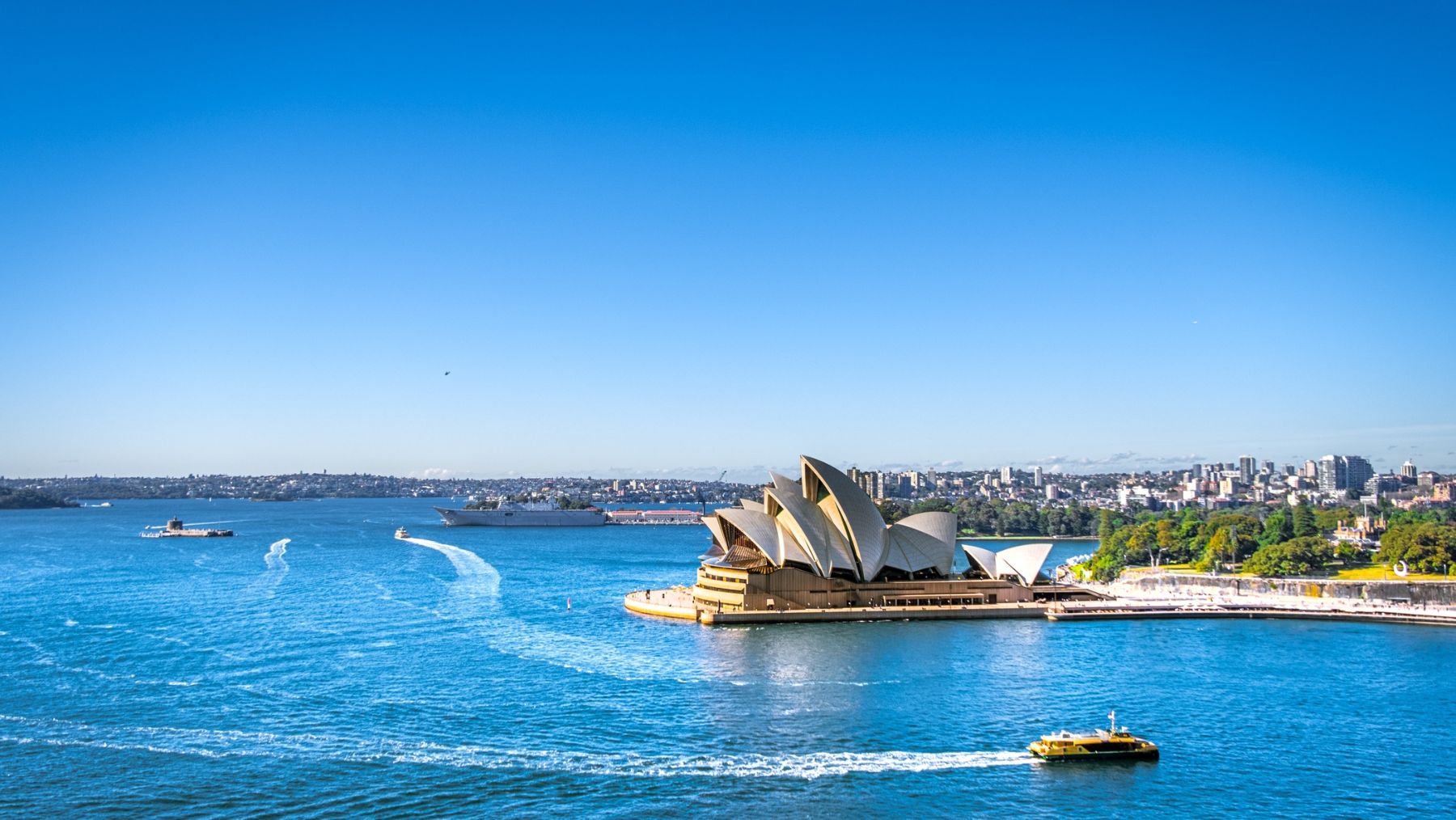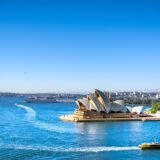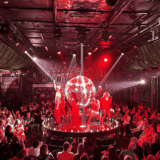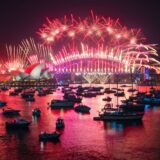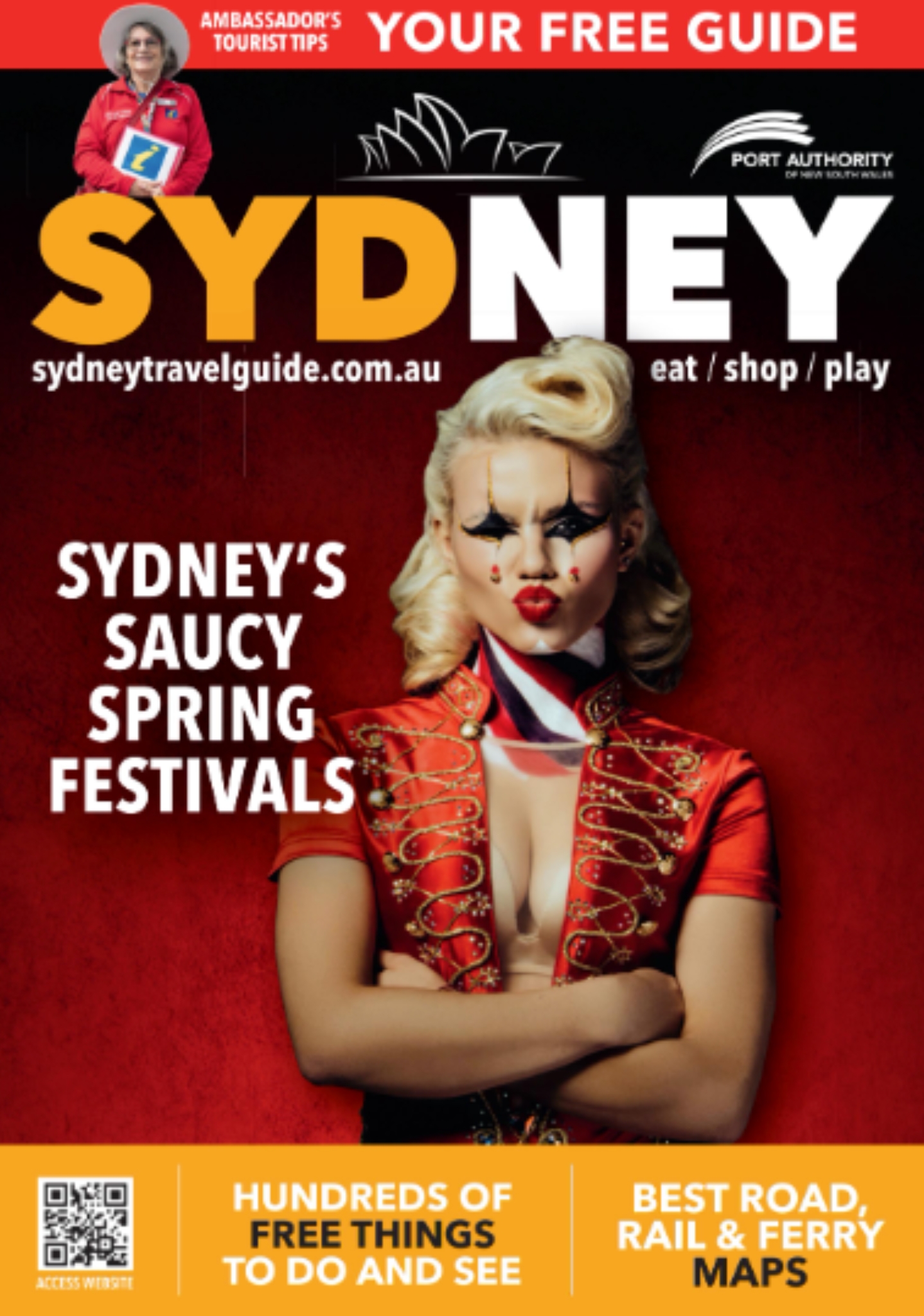- Rusalka is the story of a water nymph who wants to be human.
- Opera Australia has brought the story up to date.
- And the performance at the Opera House is simply stunning.
There’s a reason why this season of performances by Opera Australia at the Sydney Opera House is particularly brilliant: the company has been brave enough to make the stories appeal to a contemporary audience.
First, there was Danielle de Niese’s sultry Carmen. Now there is Australian soprano Nicole Car’s much more aggressive Rusalka.
Both play strong women. Both give terrific performances. Both have changed these very traditional stories to appeal to a younger audience.
Rusalka is a particularly difficult story to contemporise. After all, it’s about a water nymph who falls for a human prince and wants to leave the water and live among humans.
It does not go well. Her prince leaves her for a former lover, and under the agreement she made to become human, she is cursed to live in a nether world – neither nymph nor human. Her only hope is to kill her lover.
Here’s where director Sarah Giles steps in.
This opera is loosely based on the Hans Christian Andersen story of The Little Mermaid. But the ending was the problem for Giles.
“There’s a version of The Little Mermaid where the lesson you take away is change yourself, give up anything you can for the man you love, and make sure that above all else, he is happy before you. That’s a shit lesson,” she told The Sydney Morning Herald.
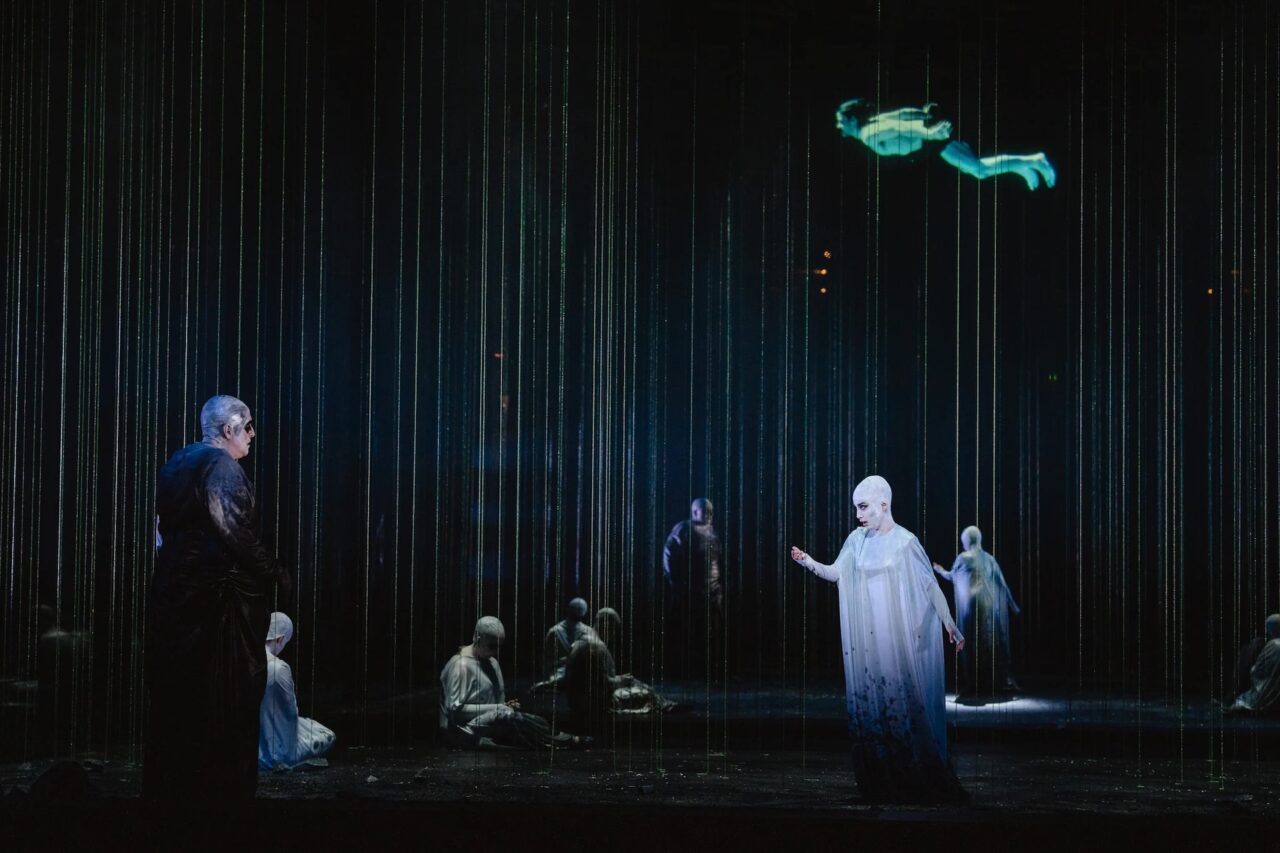
In her version – spoiler alert! – Rusalka sacrifices her man to get her life back.
I’m not saying how. But you can forget any Disney interpretations of the story. This is hardcore operatic drama.
Antonín Dvořák’s opera (1901) shares many similarities with the Hans Christian Andersen story of The Little Mermaid (1837), but according to the experts it is not a direct adaptation.
Perhaps he used an early version of AI to do the research, but they are certainlyu strikingly similar. Both centre on a water spirit or mermaid who falls in love with a prince and makes a deal with a god to enter his world. However, Rusalka is based on Slavic mythology and folklore, especially tales of rusalki – female water spirits often associated with tragic love and death.
In Rusalka, the titular character asks a witch, Ježibaba, to make her human so she can be with the Prince.
The transformation costs her voice and ultimately her life and soul. However, the opera incorporates darker, more fatalistic elements than Andersen’s moralistic fairy tale, and its ending is more ambiguous and symbolic.
Dvořák and librettist Jaroslav Kvapil created something uniquely Czech, but undeniably touched by Andersen’s earlier influence and the broader tradition of romantic fairy tales.
Opera Australia’s version is beautiful to behold. Charles Davis’ set designs are magnificent – it’s not easy turning a stage into an underwater kingdom one minute and a prince’s palace the next. We loved how you’d be watching the characters sing while someone was swimming by in the background.

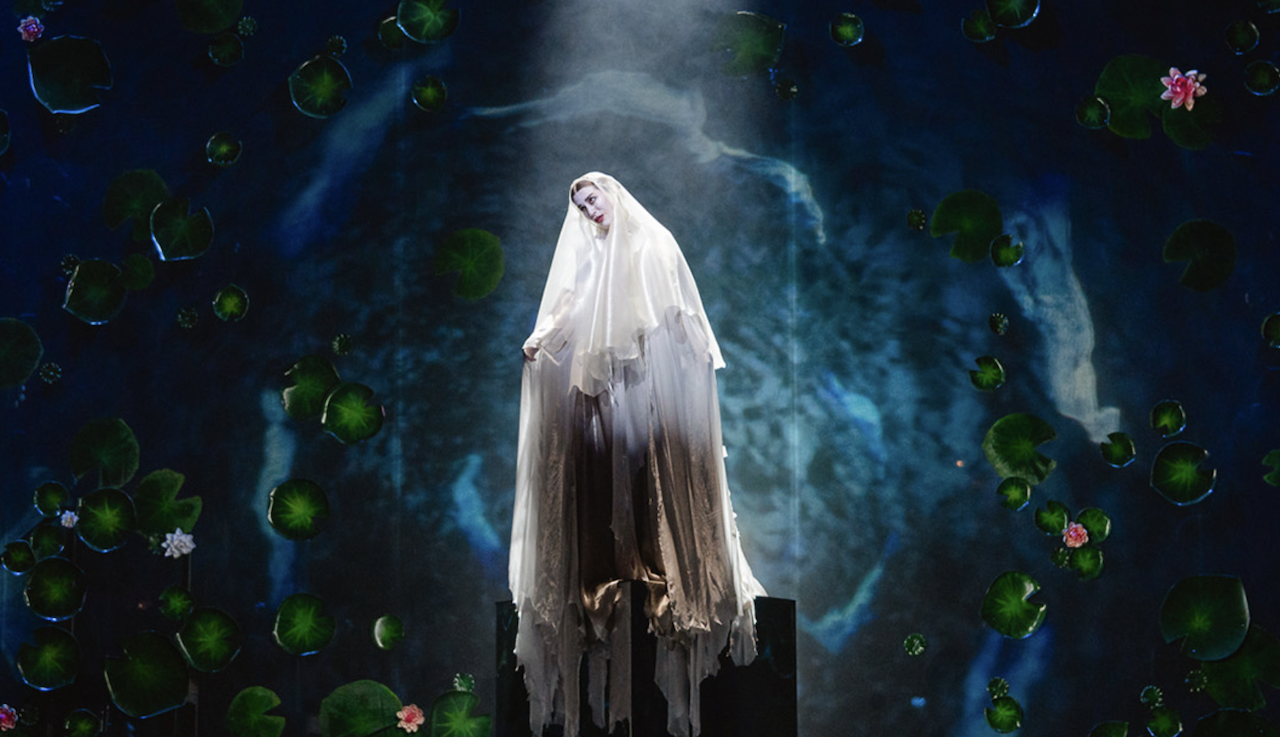

And Renee Mulder’s costume’s are simply stunning. Wonderfully high fashion with bold colours and designs that would not look out of place on the catwalk.
But the biggest performance is from Nicole Car, who has a flawless and powerful voice so provocative that after the well-known Moon Song, several members of the audience broke into spontaneous applause mid-performance.
The audience was on their feet at the end – and we joined them.
This is a 185-minute performance with two intervals. Dvorak’s opera is in Czech with English subtitles.
Sarah Giles says it’s a fairytale for grownups. But when The Sydney Travel Guide attended there were lots of kids who seemed genuinely enthused by the story.
What: Rusalka
Where: Sydney Opera House
When: Playing until August 11. 2025
Tickets: From $79
Website: https://opera.org.au/whats-on/

